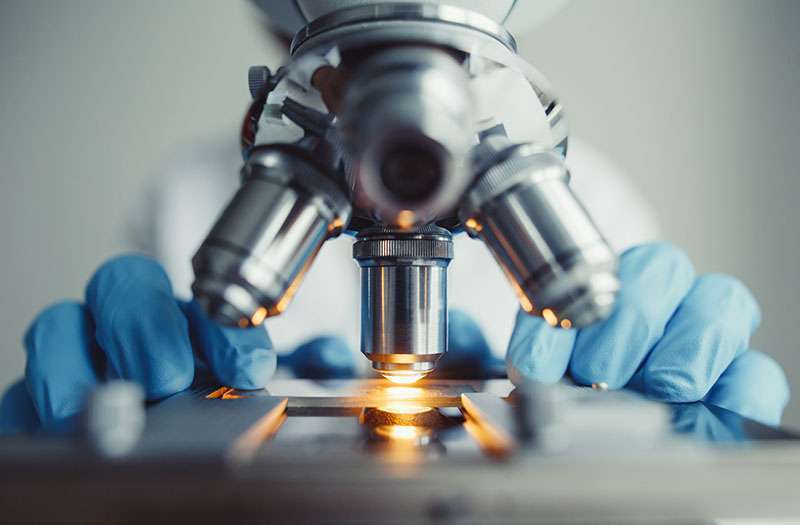When patients begin their fertility journey, most quickly learn there are a variety of treatment options available, and a number of those were developed to augment the traditional IVF (In Vitro Fertilization). One of these innovative treatments is called ICSI (or Intra Cytoplasmic Sperm Injection), which is an assisted reproductive technology (ART) that is performed as part of the IVF process in certain circumstances.

What is an ICSI treatment?
ICSI is a bit different from a usual IVF cycle. During a standard IVF procedure, and without ICSI, the female’s eggs and the male’s sperm are combined in laboratory. The sperm fertilizes the egg, which then grows, divides and becomes an embryo that can be transferred to a woman’s uterus. However, in some cases, fertilization may not happen when eggs and sperm are placed in close proximity in a laboratory. Therefore, ICSI may help fertilization occur.
In an IVF treatment with ICSI, the embryologist will inject a single sperm directly into a mature egg, so it’s not necessary for the sperm to fertilize the egg on its own.
Dr. Albert El-Roeiy, MD of Main Line Fertility in Philadelphia, Pennsylvania says, “At Main Line Fertility, ICSI is not used for all IVF patients. ICSI is only performed when male factor infertility is present. This means that the male partner has a low sperm concentration, or perhaps experiences low motility or poor morphology (meaning the shape).” He added, “Patients should know that the ICSI treatment involves the injection of a single sperm into the interior of an egg, using an extremely thin glass needle. It’s important to understand that the sperm must be healthy, and the egg must be mature. Research has found that live birth rates are very similar to those after IVF for men with normal sperm counts.”

Who should consider ICSI?
If you are considering ICSI, it is critical to be treated by a physician who is familiar with the procedure and has performed them on a regular basis. At Main Line Fertility, in Philadelphia, Pennsylvania, the physicians have extensive experience in ICSI, along with IVF.
It is recommended that patients who are candidates for ICSI should establish an ongoing dialogue with their physician and learn about the treatment, as well as slight risks with which it may be associated. According to recent research, experts are still debating the impact of ICSI on the mental and physical development of children, but most studies have not detected differences in the development of children born after ICSI, regular IVF, or natural conception.
Dr. El-Roeiy explained, “It is important for patients to discuss their concerns about IVF and ICSI with their physician. For example, there are many potential reasons for male infertility issues, and those specific reasons may have an impact on the outcome of the treatment. Some men are infertile because the tubes connecting the testes to the penis did not form correctly (this is known as congenital bilateral absence of the vas deferens — or CBAVD). These men can still father children, but their sperm must be taken directly from the testicles or the tubes (epididymis) next to them, and the ICSI treatment must be used. They may have a mild form of cystic fibrosis (CF), so they, along with their partners, should undergo additional testing before this treatment can take place.” As with any fertility treatment, it’s essential to consult with your physician to learn the details and determine if this is right for you.
- Visit the Main Line Fertility website to schedule an appointment: www.mainlinefertilty.com.
- Need more information or tools? Check out Rescripted: Men Cause Half of Infertility. Here’s What Everyone Should Know
